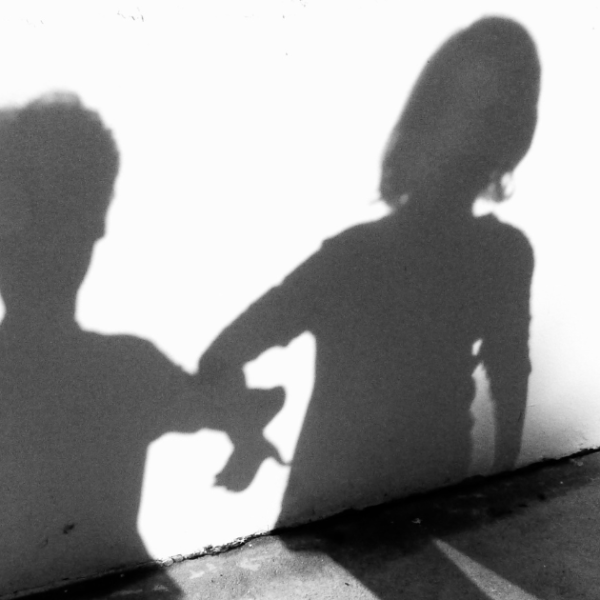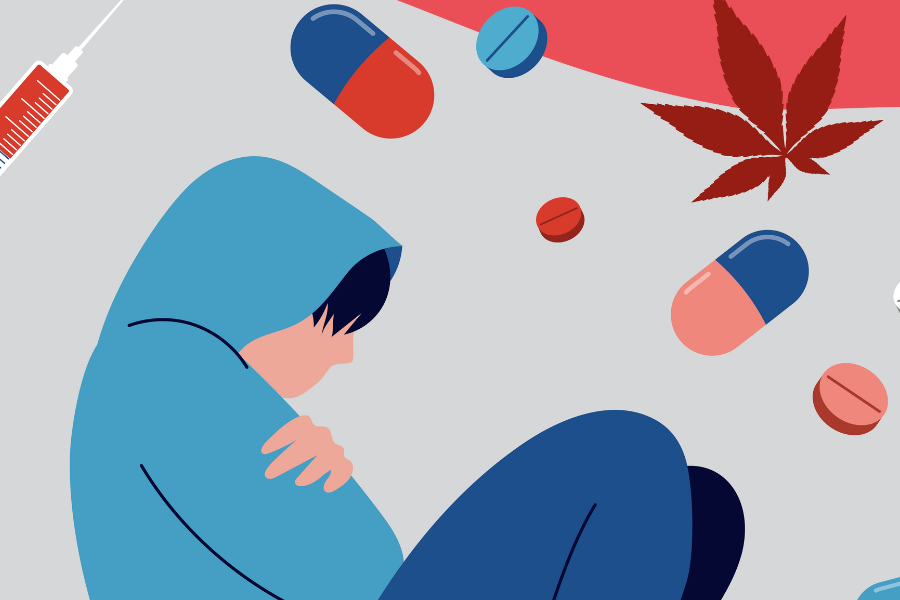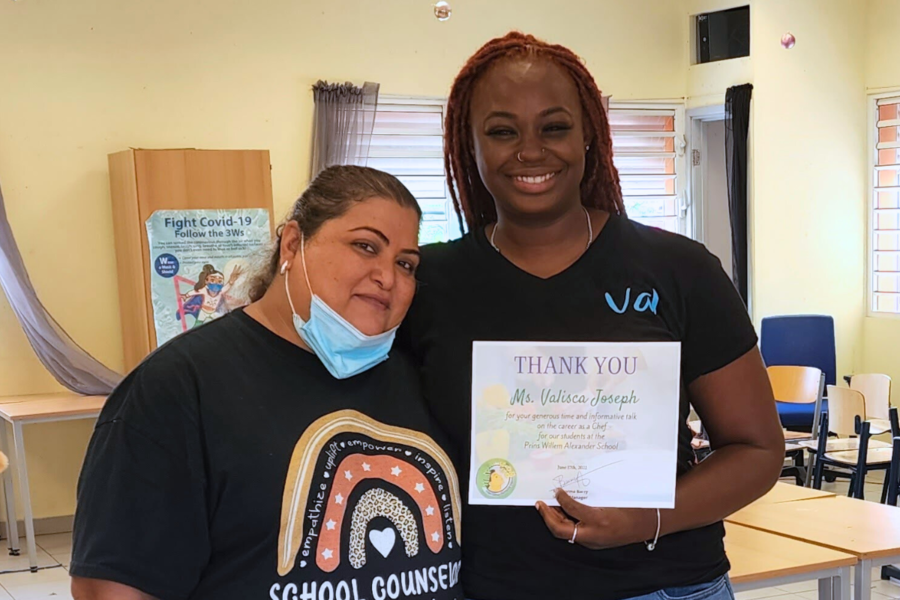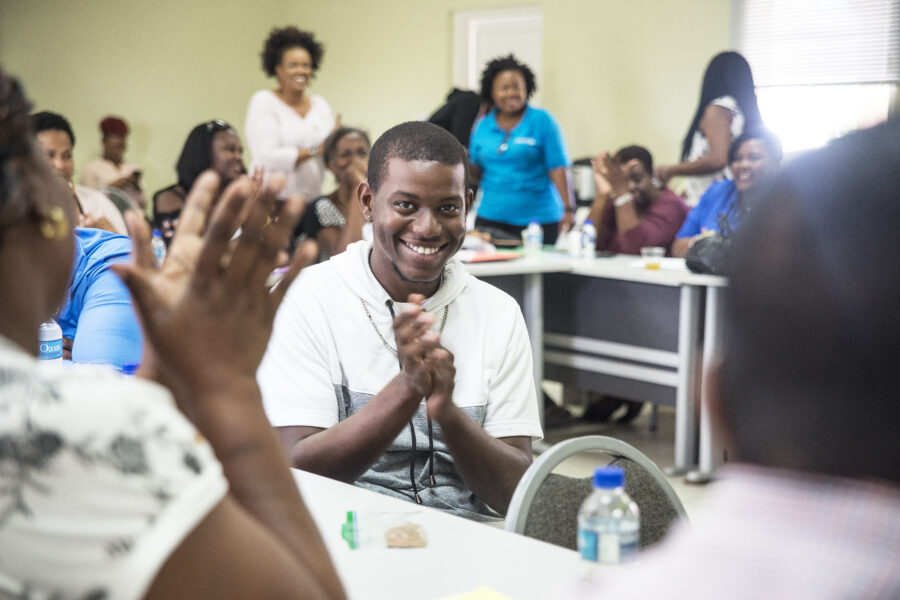Cassandra Richardson, a dedicated mental health professional and social worker with over 25 years of experience, recently (January 2024) took on the role of Director of Victim Support Services (VSS) in St Maarten. “Victim Support Services provides crucial assistance to victims of serious crimes, including those affected by domestic violence, robbery, major accidents, and cases in which death is a result, such as homicide or suicide, etc.
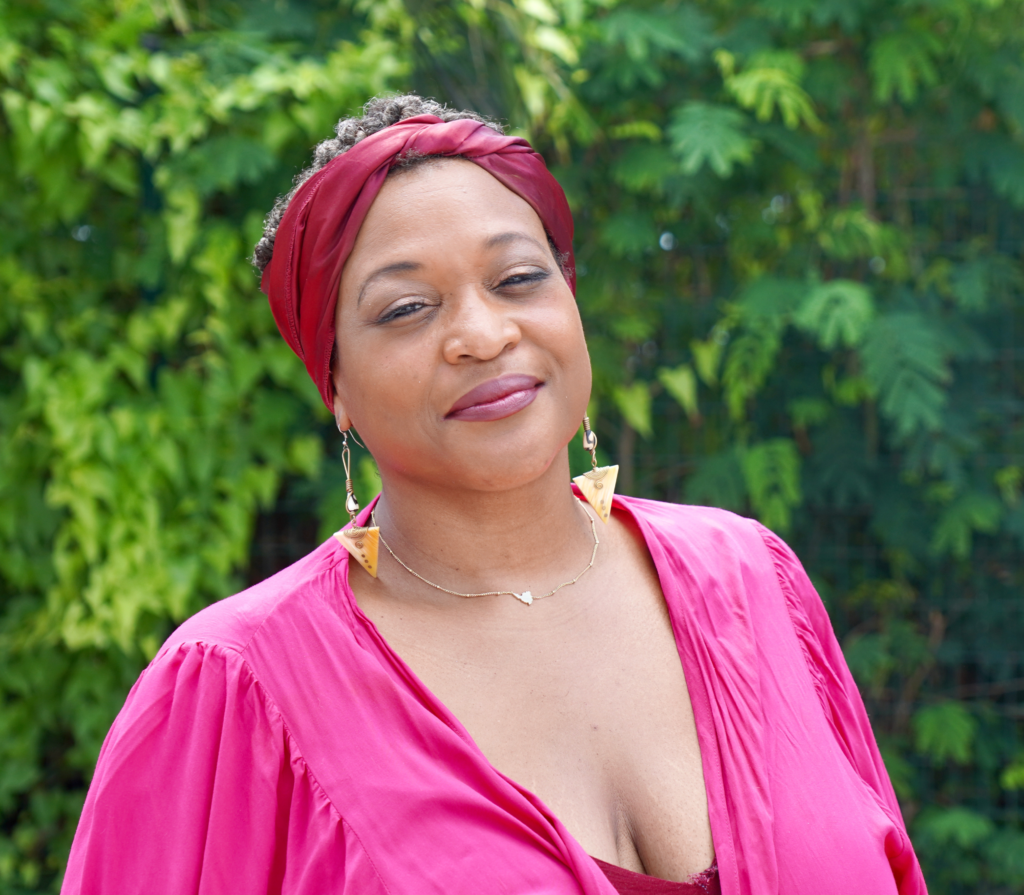
The role of VSS ensures that victims and their loved ones receive emotional and psychological care as they navigate their trauma. Our team aims to fill a long-standing gap in the island’s justice system, focusing not just on prosecuting offenders but on helping victims rebuild their lives,” Cassandra explains.
At the moment, Victim Support Services does not work directly with children. However, Cassandra does work with adult clients who have children. Her extensive experience with families through VSS and her previous working experiences have made one thing clear to her: ‘On St Maarten, many people, including children, have unresolved trauma which could affect people’s mental health and wellbeing. We need to address this multifaceted issue with empathy, mental wellness education, and systemic change.’
Pressure on Professionals
Since returning to St. Maarten in 2016, just before Hurricane Irma, it became clear that while there were systems in place for specific groups like victims of domestic violence, there was a glaring lack of intermediary services in St. Maarten for non-domestic violence cases. In many other countries, if someone is affected by a serious crime like robbery, sexual assault, or major traffic accident, intermediary services would usually be in place to offer them emotional support and practical help to deal with their trauma.
Because St. Maarten did not yet have this intermediary service, in many situations, I found myself acting as an advocate—helping clients navigate housing, employment, immigration, and social services, where covert and prevalent systemic gender discrimination exists. I was not the only one who took on this role. Due to the lack of resources, healthcare professionals often take on more prominent roles in their patients’ care to ensure their overall well-being. This puts a lot of pressure on those professionals to fulfil multiple roles.
Addressing Systemic Issues
Many of the people I work with feel isolated, insecure, and disconnected from society—a feeling often exacerbated by the mental health challenges they face. We must recognise that mental health is deeply connected to societal issues. The more we acknowledge this connection, the better we can address the needs of our community. Children and youth, due to their age and stage of development, are particularly vulnerable, as they have less autonomy and rely heavily on adults for emotional and physical support.
It’s essential to recognise that mental health and emotional security are deeply intertwined with broader societal issues, including family and intimate partner violence, gender-based violence, discrimination, poverty, homelessness, and limited access to education and adequate healthcare. When these external factors are present, children and youth become more susceptible to mental and emotional health concerns, which, if left unaddressed, can contribute to the development of dysfunctional adults.
These are not isolated problems but are rooted in how our society operates. This lack of comprehensive support is a systemic issue. Ministries often don’t collaborate, and victims, who can be children, can easily be reduced to ‘tasks’ within bureaucratic systems that fail to meet their emotional or practical needs.
Reflection of Our Environment
Marginalised communities, including migrant families, the LGBTQ+ community, and victims of sexual assault, are especially vulnerable. Our society does not pay enough attention to these groups. Boys and girls who experience sexual abuse often face a normalised culture of silence, and without accurate data on the scope of these issues, we continue to fail them.
During my time as a mental health worker in Canada, I often worked with children and their families to address the root causes of behavioural issues. The challenges children face—such as adverse childhood experiences—are usually not due to any underlying illness but are instead a reflection of their environment. In St. Maarten, many children are growing up in environments filled with social and economic stressors. Without proper support, these children can develop trauma responses that are often mislabelled as ‘bad behaviour’, unfairly placing the responsibility on parents or even on the children and youth, themselves, for behaviour that is dysfunctional.
Empathy is Free
There is so much we should and can do to provide adequate support services to our communities. For example, a future aspiration of the VSS is to assist children who experience abuse or are witness to domestic violence. However, we must also celebrate the ‘small wins’, so I was pleased when we were given the green light to open VSS so that victims of traumatic crimes or accidents can receive timely support. Providing this preventative care is critical because it becomes far more cost-effective and sustainable than dealing with crises after they’ve spiralled.
In future discussions with decision-makers, I hope they realise that improved support services, preventative care, and building awareness saves resources in the long run. When discussing systemic change, we should consider a culture shift and our personal roles in supporting and safeguarding our fellow residents, including children. One of these shifts should be that we become a more empathetic community.
I think we once were, but today, we seem to focus more and more on financial security and building monetary profit, and we place less focus on community cohesion to address issues like child abuse and other forms of community violence, leaving human compassion and empathy by the wayside. Empathy is free and can make a real difference to someone going through a difficult time.



